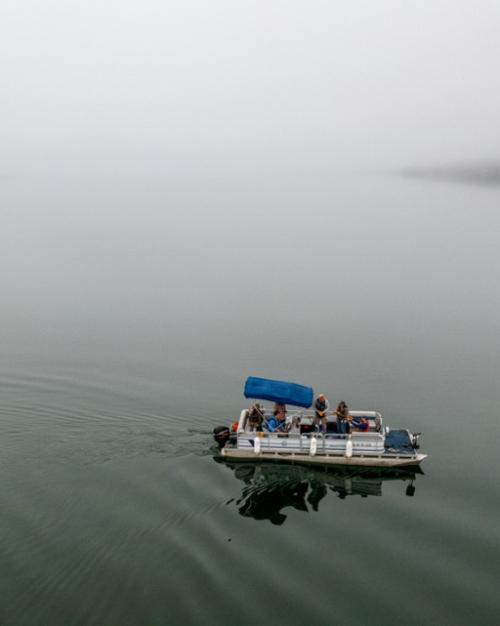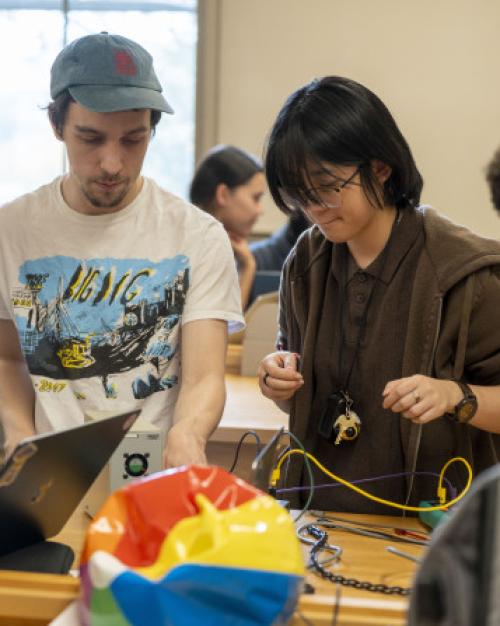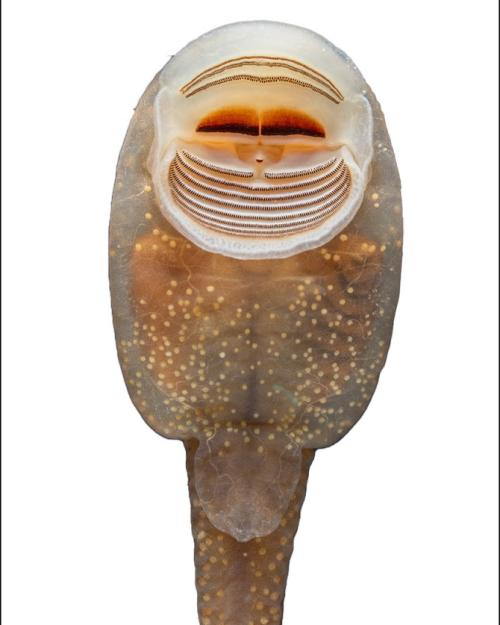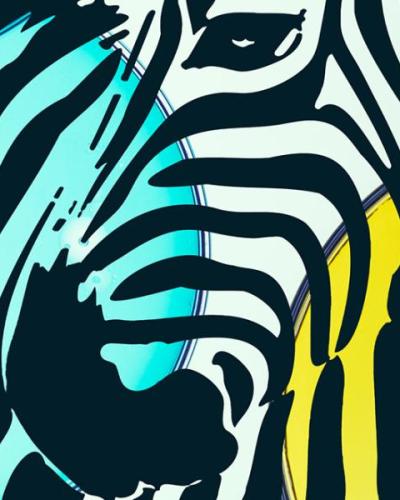Could tiny robots help perform surgery? How do memories form? Does a father’s touch influence a child’s social brain? How did the COVID-19 pandemic affect the practice of global health? How can better scientific tools give insight into human history and conflict – and the early universe?
Faculty members in the College of Arts and Sciences will delve into these questions and more, supported by A&S New Frontier Grants. The college has awarded more than $2.5 million to 13 research projects across the sciences, social sciences and humanities in this latest round, for novel investigations ranging from quantum computing to foreign policy development and from heritage forensics to effects of climate change. To date the program has funded 34 projects for a total exceeding $6 million, all of it from philanthropy.
“We are delighted to foster leading-edge research by creating pathways from bold ideas to breakthrough discoveries and potentially game-changing impact,” said Ray Jayawardhana, the Harold Tanner Dean of the College of Arts and Sciences, who created the program along with the A&S leadership team. “With characteristic curiosity, creativity and leadership, our faculty venture into uncharted intellectual territory, and New Frontier Grants enable critical early stage work that sets them up for success.”
Grant recipients from the past two years have made significant advances in their scholarship and won honors from organizations such as the Library of Congress and the Sloan Foundation, securing additional funding from agencies including the National Science Foundation and the Moore Foundation.
“It is thrilling to see the tremendous progress made by previous New Frontier Grant recipients,” Jayawardhana said.
New Frontier Grants are made possible by gifts from donors, including Scott Fowkes ’85, Carolyn Wiener ’69, Miriam Shearing ’56, and Fritz Demopoulos and Elaine Wong ’97.
Detailed descriptions of each of these projects can be found on the College of Arts and Sciences website.
- “Rational Design of Heterometallic Complexes as Anticancer Agents,” Nandini Ananth, associate professor of chemistry and chemical biology
- “Molecular Adaptations to Life with Oxygen on Earth,” Nozomi Ando, associate professor of chemistry and chemical biology
- “The Biopolitics of Global Health After COVID,” Timothy C. Campbell, professor of Italian studies
- “Probing dynamics of electronic quantum crystals on near-term quantum computers,” Debanjan Chowdhury, assistant professor of physics
- “Developing an Endangered Equid as an Integrative Model for Understanding Species Persistence and Extinction,” Andrew G. Clark, the Jacob Gould Schurman Professor of Population Genetics, with postdoctoral researcher Arielle Sarine Fogel
- “Strong Amphibious Robots,” Itai Cohen, professor of physics
- “Measuring the Structure and Evolution of Our Universe with Novel mm-Wavelength Spectrometers for the Fred Young Submillimeter Telescope,” Abigail Crites, assistant professor and the Fred Young Faculty Fellow in physics, and Michael Niemack, associate professor of physics and astronomy
- “Heritage Forensics: Archaeology, Law, and Politics in the 21st Century,” Lori Khatchadourian, associate professor in Near Eastern Studies and anthropology and Adam T. Smith, Distinguished Professor of Arts and Sciences in Anthropology
- “Intra-Annual 14C Offsets and the Future of High-Precision 14C Chronology,” Sturt Manning, Distinguished Professor of Arts and Sciences in Classical Archaeology
- "Black Reproductive Justice Archive,” Tamika Nunley, associate professor of history and Sandler Family Faculty Fellow
- “Neural circuit mechanisms of memory in a natural environment,” Azahara Oliva, assistant professor of neurobiology and behavior
- “The father’s touch: How paternal deprivation impacts the functional social brain,” Alex Ophir, associate professor of psychology
- Cornell U.S. – China Policy (CUSP) Initiative, Jessica Chen Weiss, the Michael J. Zak Professor for China and Asian Pacific Studies.
Kate Blackwood is a writer for the College of Arts and Sciences.





